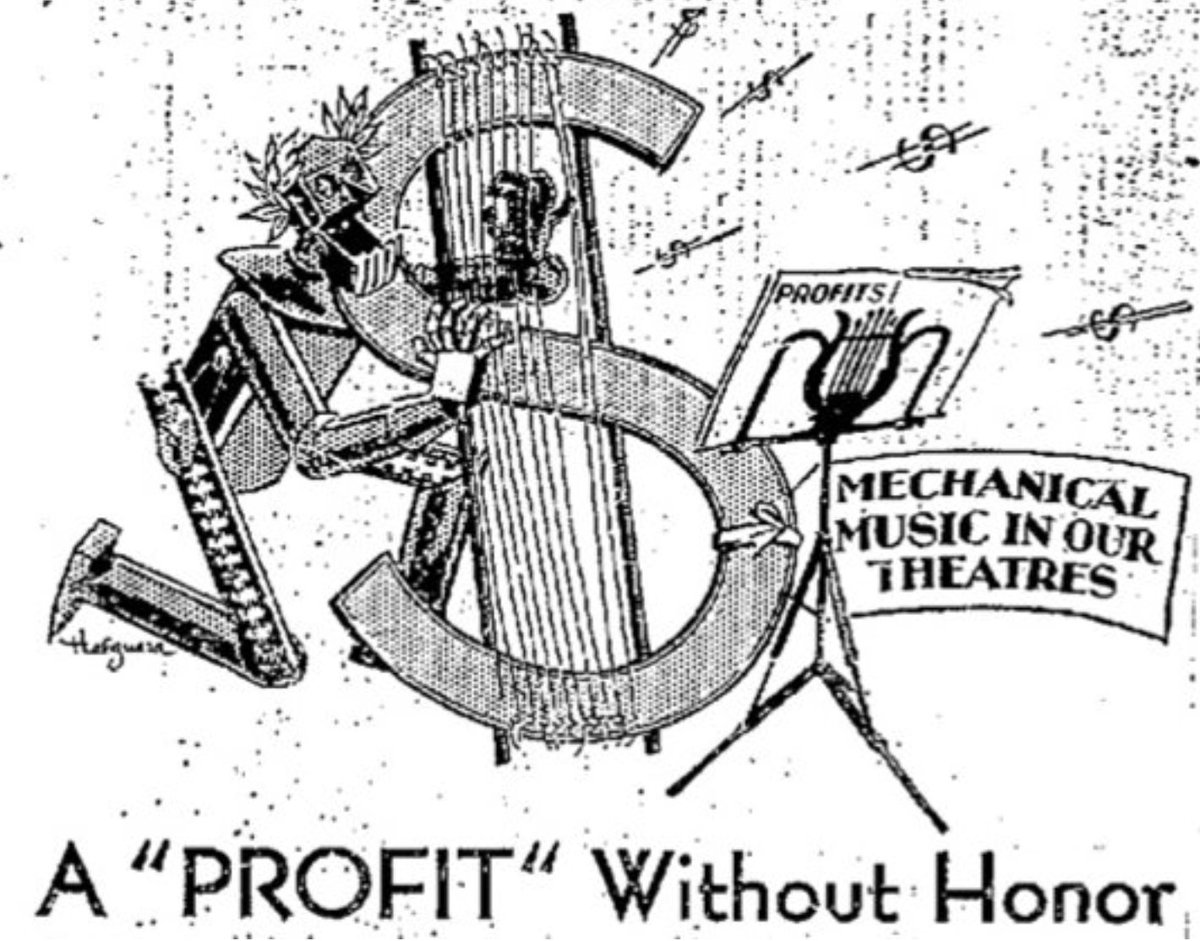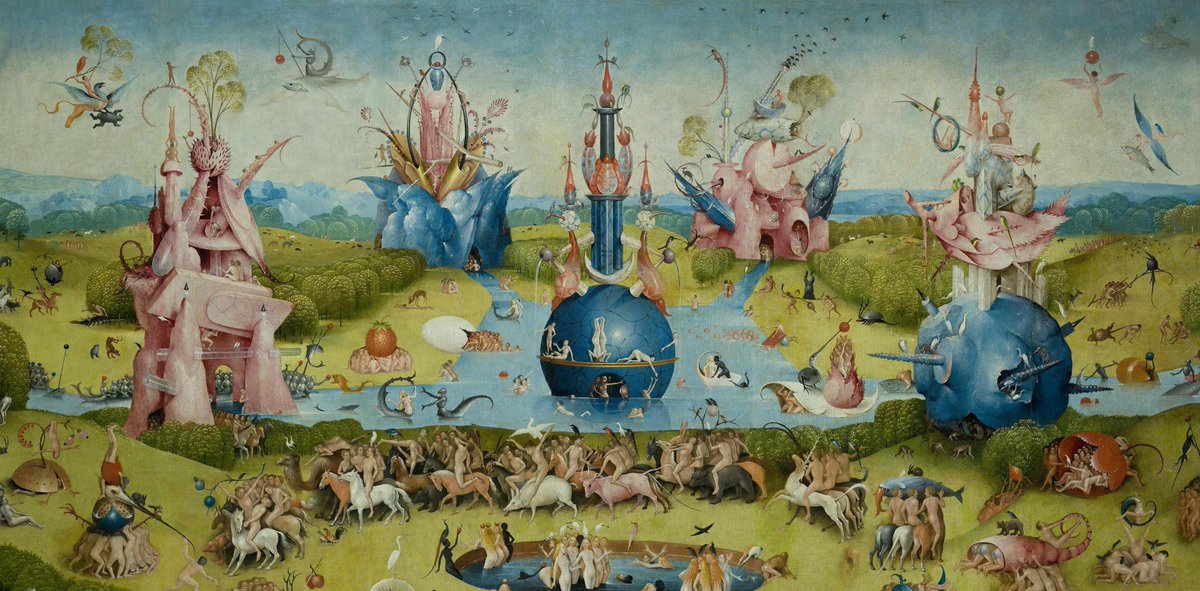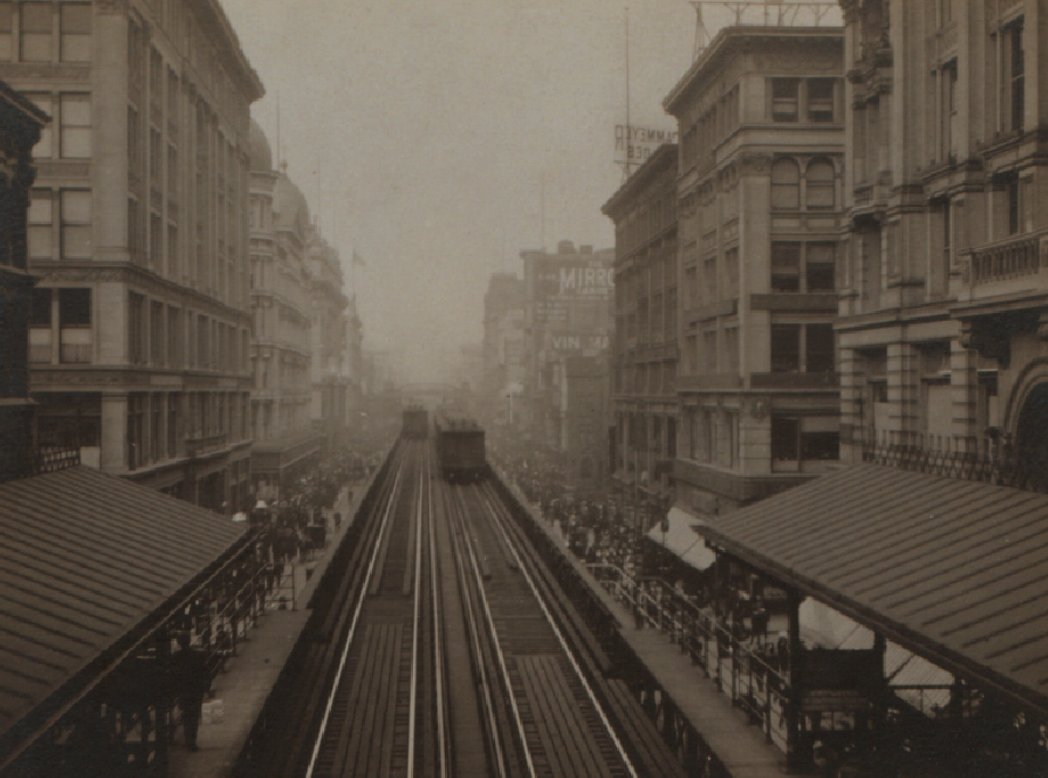
Writing a book about the new rules of work, wealth, and power (@simonschuster). As seen in NYT, The Atlantic, Bloomberg, etc.
How to get URL link on X (Twitter) App


 It all started with Mayor Bloomberg. In 2002, he vowed to turn NYC into a hub where "arts, business, research, and technology converge to create the world's foremost urban economy."
It all started with Mayor Bloomberg. In 2002, he vowed to turn NYC into a hub where "arts, business, research, and technology converge to create the world's foremost urban economy."

 When films were silent, theatres employed local musicians to accompany each screening. But once films gained a soundtrack, local musicians were no longer necessary.
When films were silent, theatres employed local musicians to accompany each screening. But once films gained a soundtrack, local musicians were no longer necessary. 

 First, let's understand some key terms. Evolutionary Biologists use "fitness landscapes" to represent how well an organism's DNA is suited to its environment.
First, let's understand some key terms. Evolutionary Biologists use "fitness landscapes" to represent how well an organism's DNA is suited to its environment. 
 Let's start with the highway network. Each dot on the map represents a city, and each line represents a direct highway connection or "link".
Let's start with the highway network. Each dot on the map represents a city, and each line represents a direct highway connection or "link". 
 Office-based companies only hire from a small local talent pool. In a small pool, employees face less competition & are less likely to encounter "outlier" competitors who are 50x better than them. (if NBA teams only hired locally, worse players would get to join the league) 2/7
Office-based companies only hire from a small local talent pool. In a small pool, employees face less competition & are less likely to encounter "outlier" competitors who are 50x better than them. (if NBA teams only hired locally, worse players would get to join the league) 2/7

 Way back in the early 2010s, every second startup was pitching itself as "Uber for X." The idea was simple: take a group of disparate humans, aggregate them into an app with a nice UI, and deliver a delightful experience for customers looking to complete physical tasks. 2/19
Way back in the early 2010s, every second startup was pitching itself as "Uber for X." The idea was simple: take a group of disparate humans, aggregate them into an app with a nice UI, and deliver a delightful experience for customers looking to complete physical tasks. 2/19

 Students of international relations have been concerned with the return of the Middle Ages for a while. Political scientists have observed the relative decline in the power of nation-states and the growing importance of supernational military and trade organizations. 2/
Students of international relations have been concerned with the return of the Middle Ages for a while. Political scientists have observed the relative decline in the power of nation-states and the growing importance of supernational military and trade organizations. 2/

